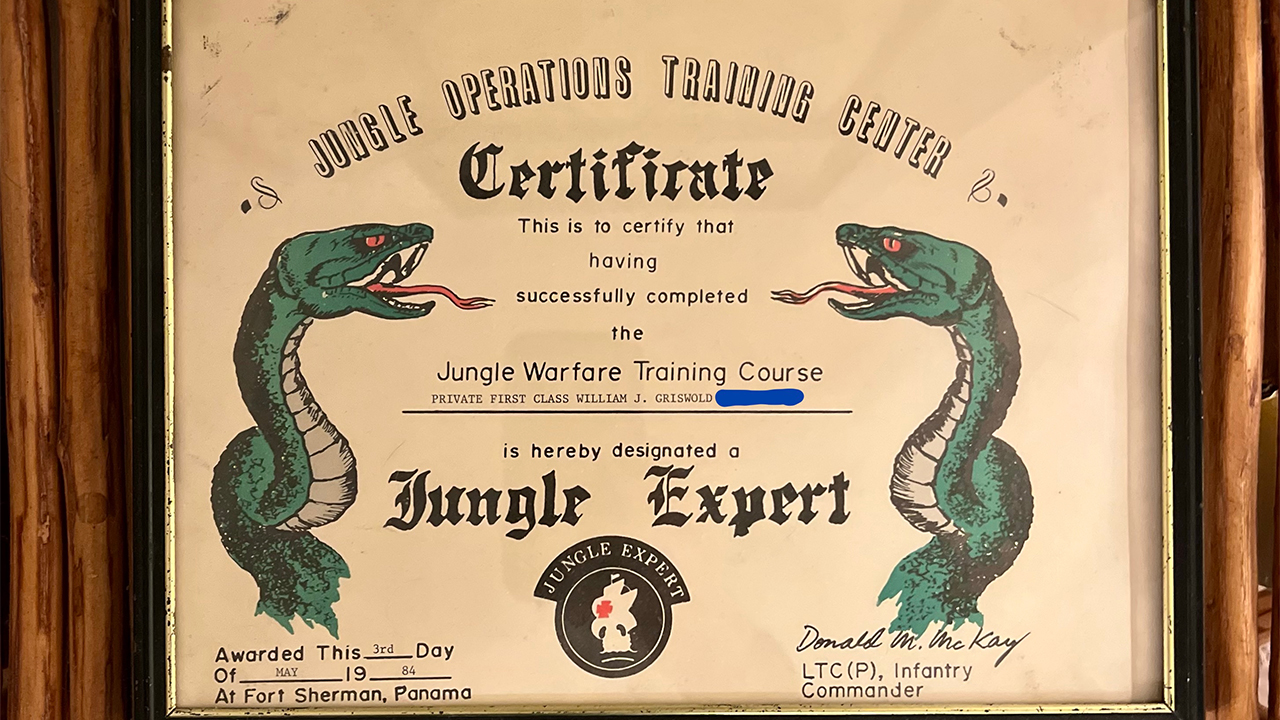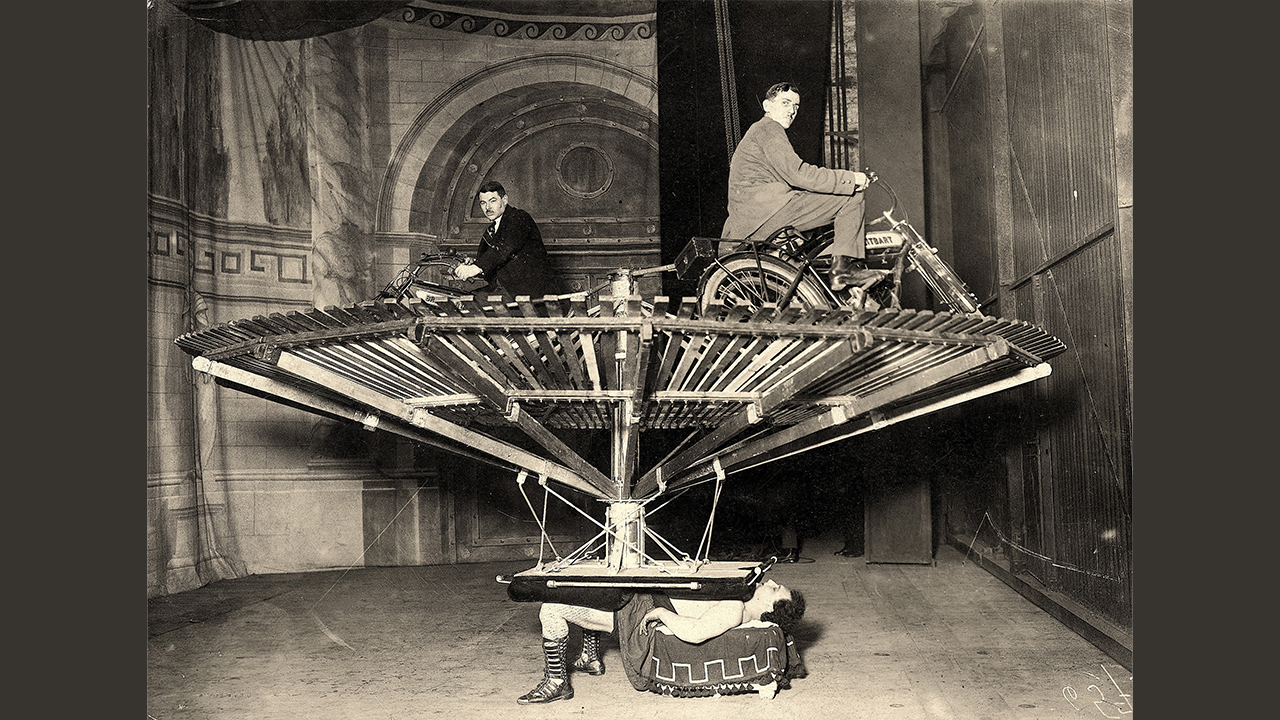The Aggression of Technologies
May 5, 2022

Some technologies seem to be more aggressive than others in changing their times.
Automatic transmissions, for instance, are ubiquitous but fairly inconsequential; they did not significantly change the experience of driving, and I can still choose to drive a stick if I really want.
The rise of synthetic fabrics meant little to me except in outdoor gear—no more wool socks or canvas tents in the rain—and I still opt for natural fibers. (Synthetic’s impact on the environment is not small.)
It is, for now, still possible to choose fresh fruits and vegetables, whole-grain breads, and lean protein instead of heavily-processed convenience foods in harmful plastic packaging.
Other technologies, however, dominate, given the opportunity. Modern anti-tank and drone technologies have, to some extent, ruled the battlefield in Ukraine, making armored columns seem as obsolete as knights in armor going against gunpowder weapons.
The seeming aggression of some technologies is only a function of the human mind, of course, in how we think about our tools and put them to work. An American invented the electrical air conditioner, and we promptly used it to grossly overdevelop inhospitable landscapes that would have been better left alone.
There is also a viral infection by guns in the US—400 million now, more than in any other country—and they do little work except kill innocent people.
“What I feel very strongly is that we mustn’t be caught by surprise by our own advancing technology,” Aldous Huxley tells Mike Wallace in an interview in 1958. “This has happened again and again in history. Technology advanced, and this changes social conditions, and suddenly people have found themselves in a situation in which they didn’t foresee, and [are] doing all sorts of things they didn’t really want to do.” (He is talking specifically about mass communication technology that will offer future tyrants more power than Hitler had with his effective use of radio.)
I speak to you now as a former resident of the 200,000 years of human existence that came before the digital age. Just as people such as Winston Churchill and Bertrand Russell talked about the enormous changes in technology and society in their lifetimes (both were born before the phonograph and died 20 years after the advent of atomic weapons), some of us alive now once worked, shopped, talked to friends, watched movies, and listened to music in completely different ways than we do now. Can you imagine? Can any of us imagine the consequences of the change?
One of my first jobs out of college was with a venerable bookstore chain that resisted computerizing their inventory and failed after 100 years in business; at my second job I saw typesetting vendors go out of business in droves as WordPerfect and other software let businesses create their own newsletters and ads.
At the job after that I was the first to digitally assemble catalog pages with Quark Xpress on an early Mac, and the IT guy created a crude and feeble network to process page files that included photos from our first digital art studio, which was a pocket camera and a box light. Before that, it was all farmed out to layout artists, type vendors, photography studios, and prepress businesses that smelled of cyanide (used to fix images on printing plates). Many people had to change the way they made a living.
Those little examples were just harbingers, though, for what continues to be an acceleration of digital technology, which is more aggressive than…what? The wheel? Stirrup? Sail? The steam and then the internal combustion engine? Those are mere metaphors for what technology propagates now.








